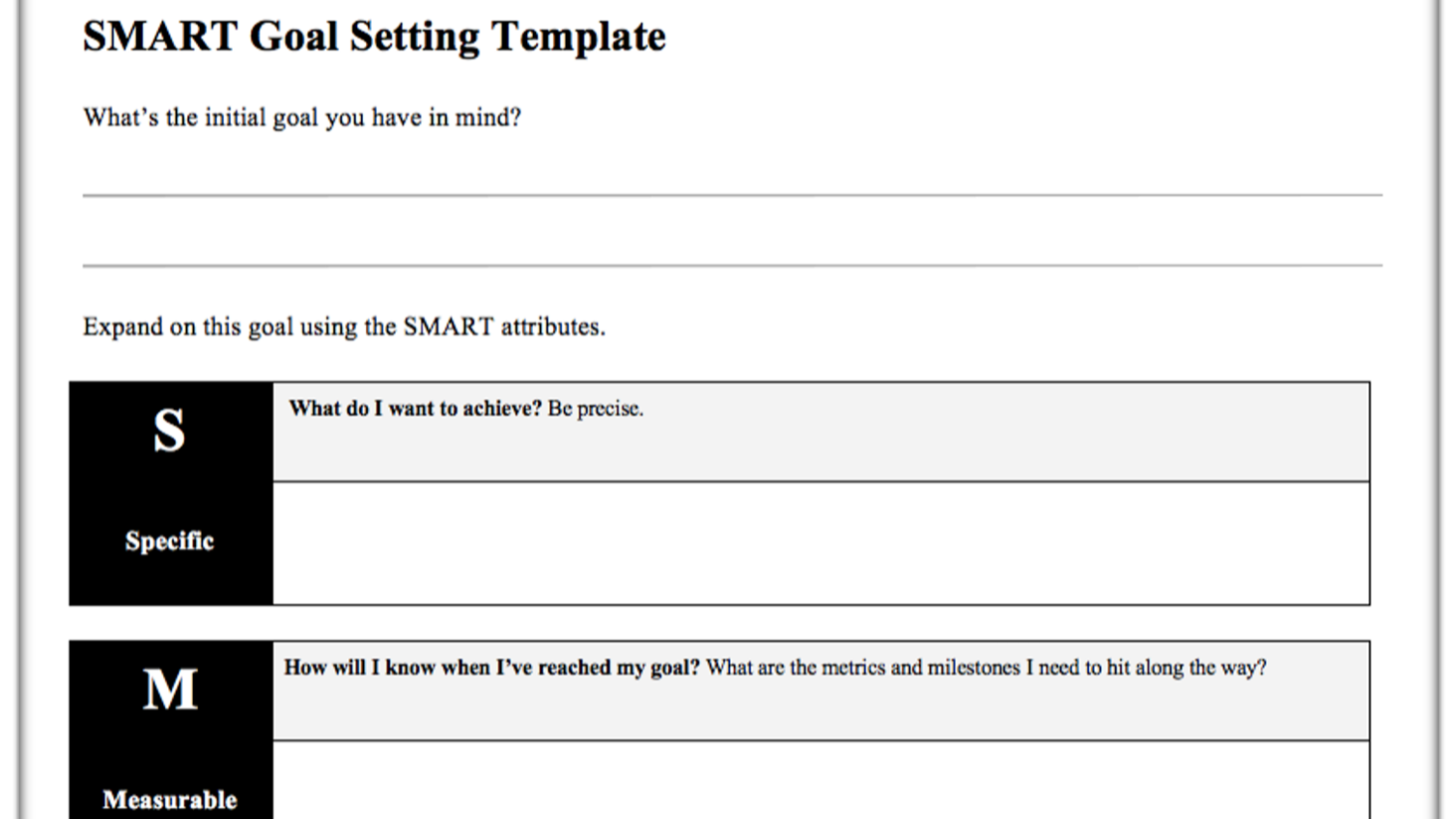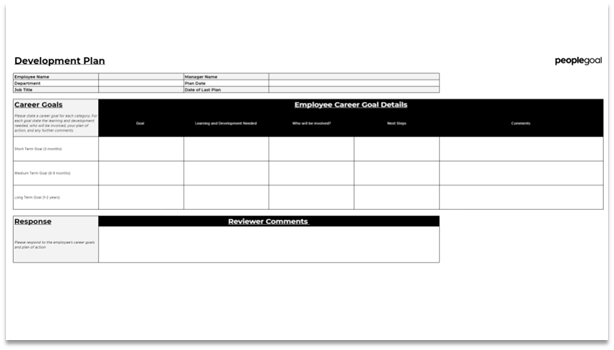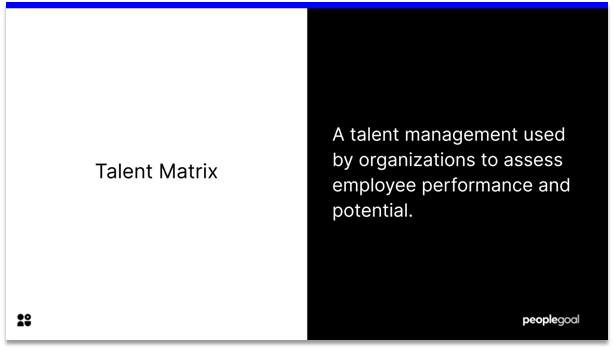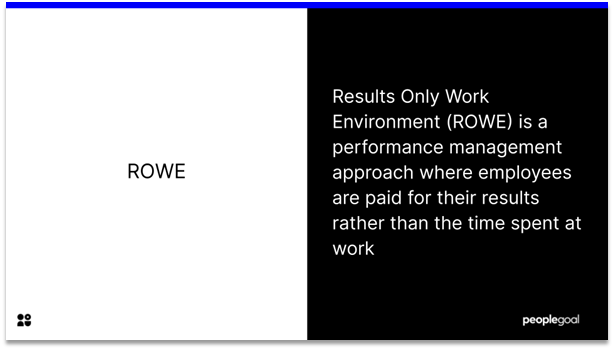Development Planning increases employee engagement and improves overall business performance and productivity. It is critical for employers to engage with their employees and help maximise their professional growth.
It is important to help employees understand their own strengths and weaknesses to define goals and areas for improvement. This plays an integral role in company culture and ensures that employees understand your dedication to their personal and professional success.
Development plans use SMART goals to align employee objectives with overall organization aims. Regular feedback and check-ins maximise everybody’s performance and boost morale!
What is Development Planning?
Development Planning is the creation of measurable goals to support an employee’s career. This includes defining how to achieve a goal and the time frame within which this should be done.
Managers work with employees to document both their career goals and their personal goals. They then identify the skills and competencies required to achieve these. Regular check-ins are scheduled throughout the year to monitor progress and provide constructive feedback.
Development Planning includes making an action plan to achieve both short-term and long-term goals.

How to Create a Professional Development Plan
Creating a development plan involves:
- Self-Assessment – Employees must identify their individual strengths and weaknesses. This will help them find areas of improvement and discover what motivates them.
- Setting Goals – Employees set SMART Goals. These are Specific, Measurable, Achievable, Relevant and Time-Bound. They allow you to track progress and motivate employees to improve their work performance.
- Identifying Strategies – Employees should experiment between experiential learning on the job, learning from others through mentoring or shadowing subject experts and attending webinars or obtaining additional certifications.
- Building Timelines – It is important employees commit to making improvements by setting deadlines.

Check out our guide on how to build a successful Development Plan 👈
Why is Development Planning Important?
The Development Planning Process plays a crucial role for both staff members and the organizations they work for. We have identified the following 6 main benefits:
- Upskills Workforce
- Increases Productivity
- Improves Employee Satisfaction
- Increases Employee Retention
- Enriches Company Culture
- Strengthens Feedback Culture

1. Upskilling the Workforce
Development Planning helps upskill a workforce because it encourages employees to identify their strengths and build upon their weaknesses. This informs decisions concerning training and development and can increase your employee’s knowledge and improve their skill set.
Supporting employee’s career development will further improve your allocation of resources and help you manage the team budget.
It has also been suggested that the greater skilled a workforce, the more productive they become. McKinsey & Company have found that in highly complex occupations, the high performers are 800% more productive than the average worker.

2. Increases Productivity
Individual Development Planning upskills a workforce which further increases productivity. This is because employees are given new deadlines to adhere to and can better manage their time to achieve what is asked of them.
Studies have found that planning preserves 10 times more time in the future. This is beneficial to your organization and will maximise efficiency.

3. Improves Employee Satisfaction
Employees are likely to feel better supported having made a development plan with their manager. There will be greater motivation for an employee to succeed and reach their goals. This is especially crucial for employees who lack direction and are uncertain about their future careers.
Employee engagement is important for your organization as a happy workforce will feel more compelled to work hard and achieve results.
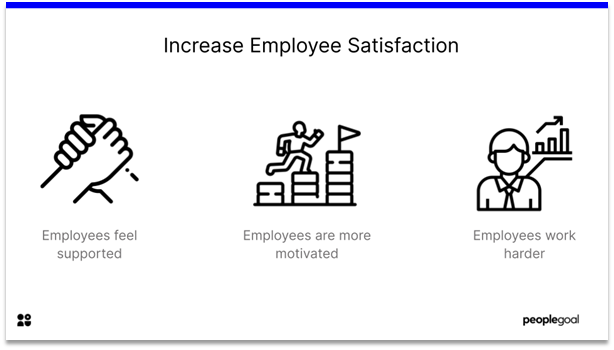
4. Increases Employee Retention
When employees are more satisfied with their role, they are more likely to maintain their post within an organization. This is beneficial to retain top talent.
Employee retention is important for an organization as it reduces the cost of recruiting and onboarding processes. It is an unnecessary expense to constantly be training new employees. It is more efficient to retain existing employees and upskill them throughout their time with your organization.
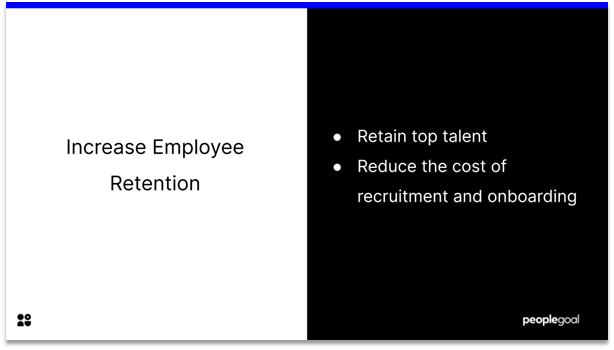
5. Enrichens Company Culture
Personal Development Planning helps build a company culture which is inclusive and collaborative. Building a strategic plan with employees helps them feel that they are supported. Employee engagement with a firm is crucial to drive an employee’s self-confidence and motivation to succeed.
Company Culture is incredibly important. Glassdoor conducted a study that revealed that 77% of workers will consider company culture before applying for a job.
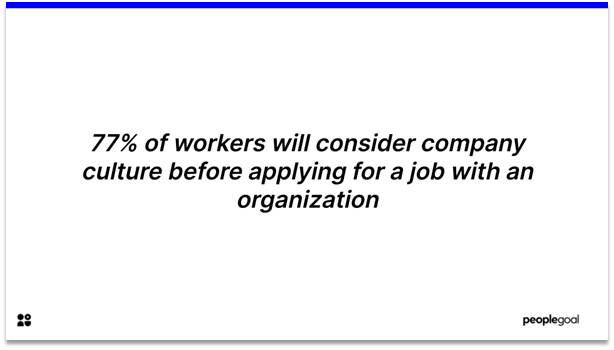
6. Strengthens Feedback Culture
Organizations should embrace a feedback culture. Employees benefit from managers commenting on their performance as their value to a team is recognized. It further helps them to improve in areas where they are under-performing.
Managers benefit from 360 feedback as they learn where their leadership styles have been effective and where people feel they could improve. This will boost project management and ensuing team performance and productivity.

Development Planning: Our Concluding Thoughts
Development Planning is important for all components of an organization, particularly Human Resources. Self-assessments allow employees to recognise their individual strengths and weaknesses. Subsequent goal setting ensures that they will improve, upskill and maximise their performance.
It is useful for employees to build development plans to understand their value within an organization. SMART goals help them position their work within the overall organization’s goals and objectives. This improves employee’s skills, satisfaction, retention and productivity. These have knock-on positive effects on company culture and feedback.
⭐ Sign up for a Demo with PeopleGoal today as we help you build customizable development plans for every employee
Click here for more ideas on how to build a successful Development Plan👈
Ready to 3x Your Teams' Performance?
Use the best performance management software to align goals, track progress, and boost employee engagement.

